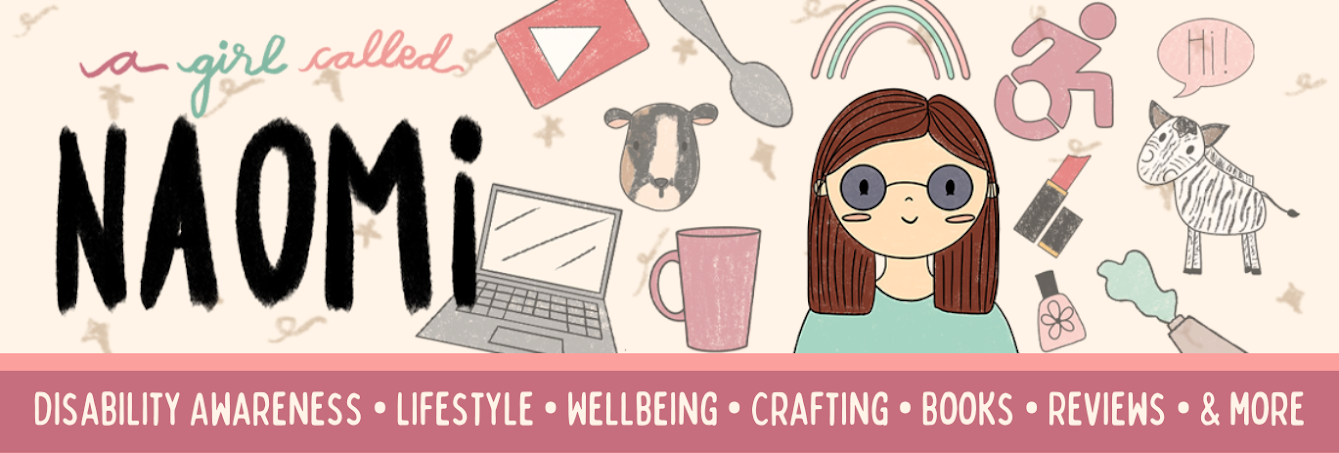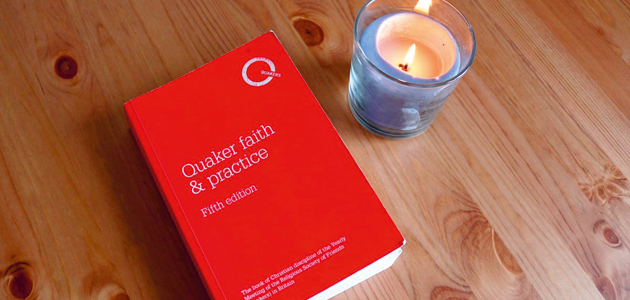Today is the first PoTS Awareness Day.
"Postural Tachycardia Syndrome (PoTS) can be a life altering and debilitating health condition. Simply standing can be a challenge for people affected by the condition as their body is unable to adjust to gravity. PoTS is due to an abnormal response by the autonomic (automatic) nervous system ad is characterised by orthostatic intolerance (the development of symptoms when upright that are most relieved by lying down). Symptoms include palpitations, lightheadedness, fatigue, sweating, nausea, fainting and headache, ad are associated with a persistent increase in heart rate from the lying to up right position." - PoTS UKI got a diagnosis of PoTS this year. I struggle to stand for even short periods of times so I often need a wheelchair to help me manage my symptoms (alongside my other illnesses). When I stand my blood pressure drops and my heart rate increases to try and compensate. For me my PoTS goes alongside having M.E. and my hypermobility disorder which is very common.
The PoTS UK website has really helped me to understand the condition as well as helping me find ways of managing the condition.
Though there is no cure for PoTS it can be managed by lifestyle changes and for some people alongside this medication.
For anyone interested in wanting to know more about PoTS or has the condition themselves or if you are affected by the condition such being a carer for someone wit the condition or you are a care professional I'd defiantly recommend checking out the PoTS UK website.



